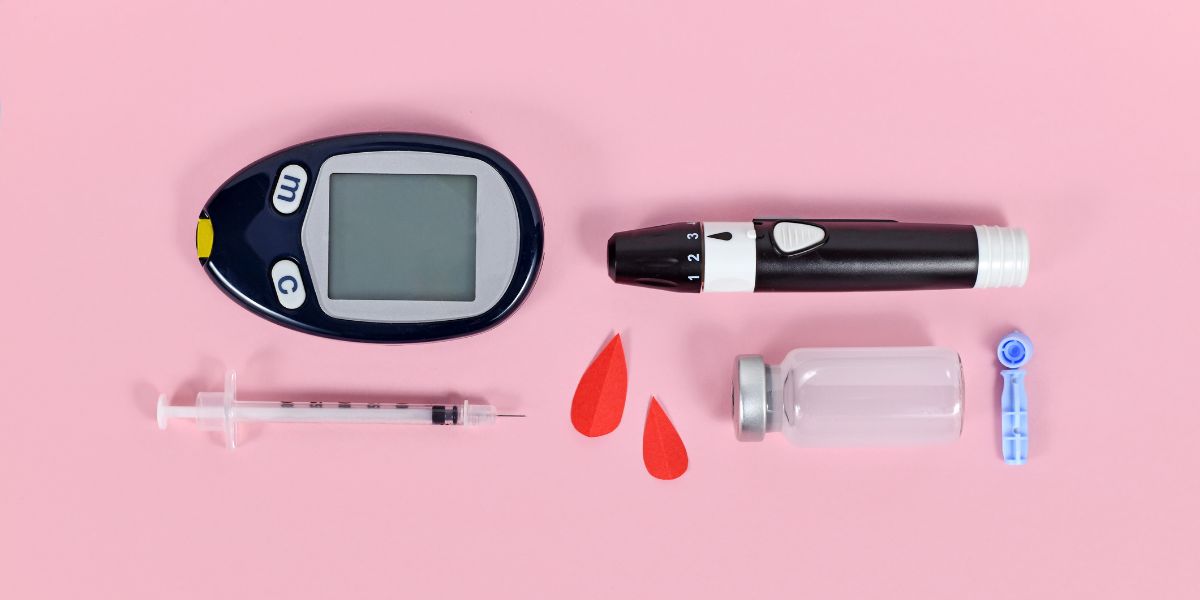University can be a daunting prospect for somen, whereas others can’t wait to go.
A bit of preparation can go a long way and letting people know about diabetes can also help to prevent any situations around your diabetes from becoming awkward.
We give tips on what you’ll need to consider for either your first or a new year at university.
Packing for university
Before packing for university, it’s worthwhile requesting some extra supplies from your doctor in case there are any hitches with registering at a new practice at your university.
Take plenty of spares of all your supplies with you to university, but take into account you may need to share fridge space with others.
You may wish to take your own cooling fridge with you to university. A cool wallet may also be useful in preparation for summer months.
- Buy cooling wallets from the Diabetes Shop
Let people know about your diabetes
Tell your hall warden (if in halls of residence) about your diabetes. It’s a good idea to arrange some time when you can explain some of the ins and outs of your diabetes.
It’s advisable to tell your flatmates (or close neighbours if in halls) about your diabetes. If your insulin will be in a communal fridge, it’s best to let people know that the insulin needs to be away from the back of the fridge, for example, to prevent it freezing.
Tell your lecturers at the start of a course.
Should you go hypo and need to test and eat, it should be no issue if your lecturers are aware of your diabetes.
Your lecturers will often thank you for the courtesy of letting them know.
Going out
A common factor in the appeal of university is the opportunities to go out to new locations and drinking is a popular attraction for many.
When going out, it’s best if someone you’re out with knows about your diabetes so if anything should happen, you’ll be in better hands.
There are some misconceptions of diabetes such as people thinking a hypo should be treated with insulin(!), so make sure those around you know how to react in an emergency situation
- Read more on diabetes and nights out
Registering at a new practice
When you go to university, it’s most likely you’ll need to register at a new practice. If you’ll be situated back at home between terms or semesters, it will be best to register as a temporary resident as this will enable you to pick up prescriptions whilst at university and when back at home.
If you’ll be staying near to your university between terms/semesters, it will likely be best to register as a permanent resident.
To register at a new practice, you’ll need to know your NHS number and your current practice’s name and address. It is common to be invited to an initial consultation so your health can be assessed by your new practice.
Make time for your diabetes
With studying and socialising both important factors at uni, you may find that your diabetes gets left behind at times. This is not just bad for your health but can also affect other areas such as your motivation, your sleeping pattern and your ability to think clearly.
It’s a good idea to commit time each week to reviewing your blood sugar numbers to see if any improvements are needed.
A little time for your diabetes can go a long way in terms of helping you feel energetic and ready to face new challenges.
Exams
Check in good time before exams your university’s policy on whether and how you will be able to bring in your blood glucose testing kit, food and/or medication to the exam. Test before and after each exam.
If you have a low blood glucose level it could affect your exam performance, so try to avoid this happening.
If you are permitted to test your blood glucose during the exam, take a test if you feel your concentration is beginning to wane or you are finding it more difficult than normal to read or write.
Avoiding weight gain
In the US there’s a term ‘the freshman fifteen’ which refers to the number of pounds believed to be put on by students going through their freshman year. Research has found that, on average, the reality is not that extreme but it is observed that the average student steadily puts on weight during and following their degree.
Increased exposure to alcohol and fast food combined with periods of stress and abnormal sleeping patterns are some of the factors that may lead to weight gain.
Increases in weight may not be helped by the need to eat on a tight budget, which can lead to buying food which is dense in calories but sparse in vitamins and minerals. For help with the grocery shopping, see our guide to healthy eating on a budget




